What is Reality?
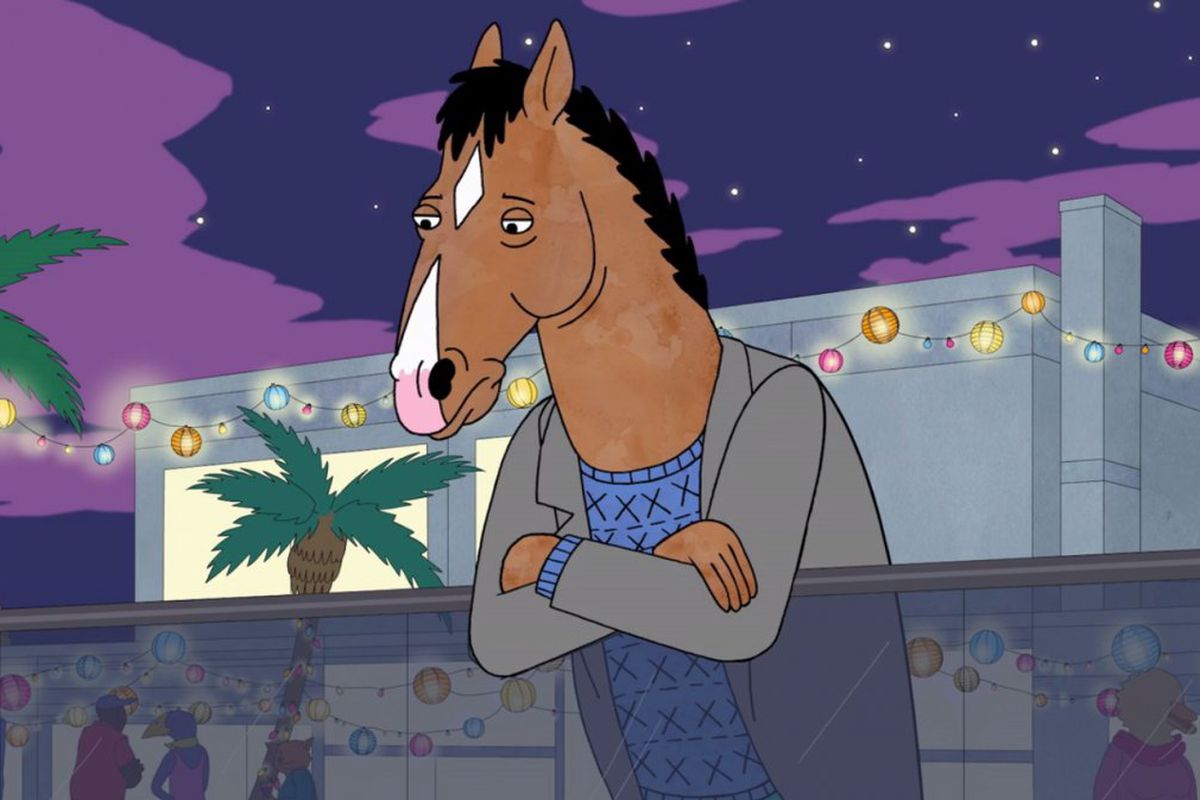
Well, do you think I'm a good person, deep down?" - Bojack Horseman
That’s the thing. I don’t think I believe in ‘deep down’. I kind of think all you are is just the things that you do. - Diane Nguyen

If you are watching Bojack Horseman, you must’ve realized that Bojack, the main character of the show, has done so many terrible and unacceptable things. He sabotages people around for his own desires and pushes those who truly love him away. No doubt, he is manipulative and narcissistic. But when you’re asked if Bojack is a good or bad person, you become hesitant. When you’re asked if you love him or hate him, you must pause to think and process the answer.
The reason why this character appears so polarizing to us, the audiences, is because the show not only portrays his adult life but also reveals his abusive parents and traumatic childhood. And later in life, those experiences create this Bojack Horseman, a Bojack Horseman with mental illness - BPD (Borderline Personality Disorder). After watching all those painful childhood experiences of Bojack, we feel pity for him and even empathize with him. Maybe because we see a glimpse of ourselves in Bojack. We can see the similarity between his childhood with our own childhood, and especially, the similarity between his parents with our parents. Some parts of us know that we are Bojack Horseman, and maybe if we’re put into the same situation, we would react the same.

But that is the matter of an entertainment show. If Bojack is a normal person in real life, do you care enough to learn about his background, and empathize with him? If he tries to mess up your life, do you even hesitant to punch him in the face and tell him to fuck off? And it starts to evoke in me a question: “What is that deep down, in reality, what is good and bad, after all?”
This question has been approached in multiple fields before, from science to art to literature. Humans desperately want to have an explanation for everything we do, so we come up with a bunch of new sciences and theories, such as cognitive science and neuroscience, to figure out the answer.
First of all, I would want to begin with Consciousness. Consciousness, is a very fundamental concept of life. It is simply an awakened state that you know what is going on around you. You wake up, and you’re aware that you are breathing and still alive. You go downstairs to make a cup of coffee, and you’re aware of the kitchen surrounding you and the smell of coffee lingering in the air. Every living thing, from a tiny goldfish to a grown-ass bully at your high school, has consciousness. It is because the origin of consciousness is traced back to the most important instinct throughout the evolution of every animal: survival. A living thing must be aware of the environment to find food sources to sustain its body, and to stay away from any threats, such as predators.
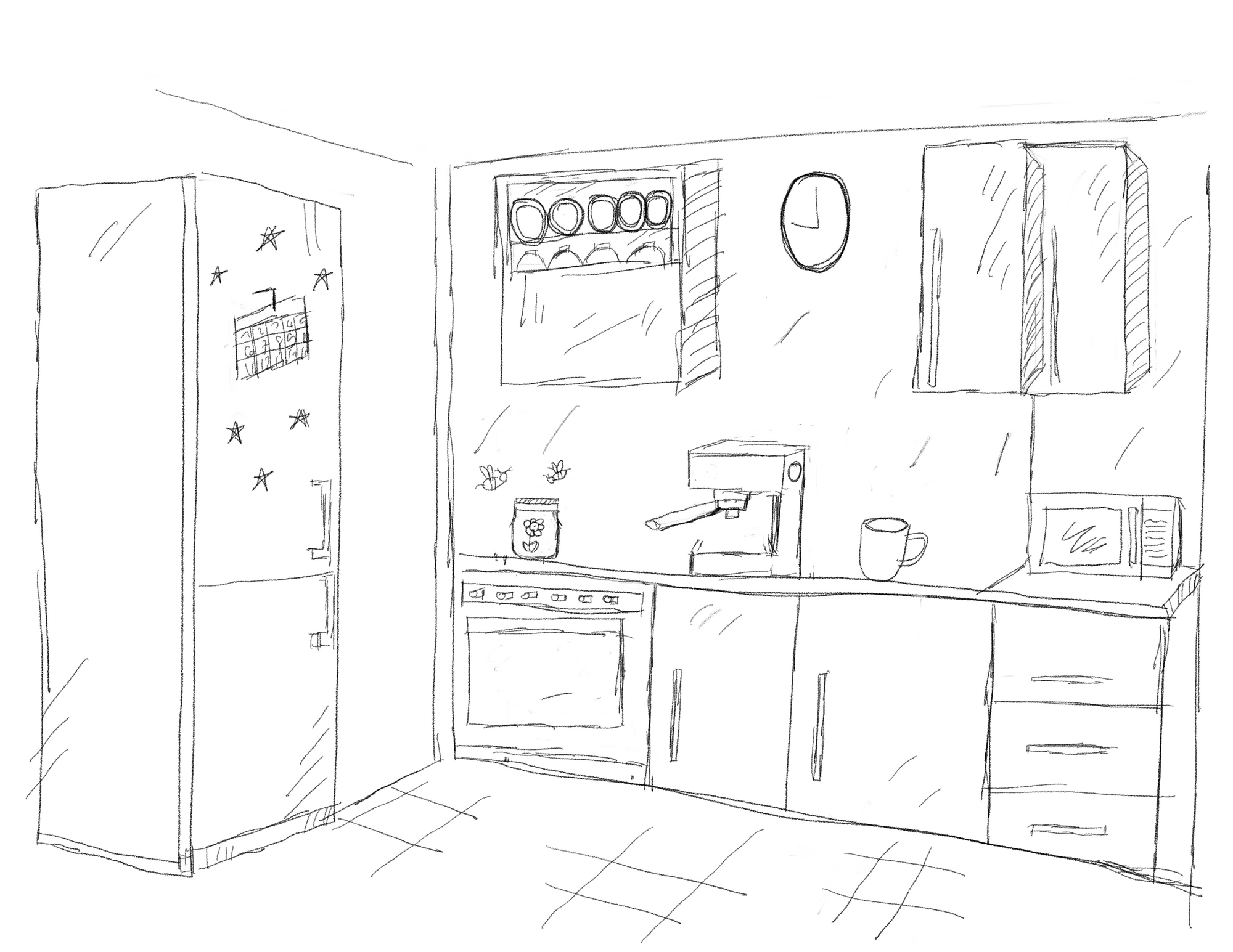
So, every living thing has Consciousness. But only humans, homo sapiens, have a thing called Self-Consciousness. Self-Consciousness is your introspection - inner thoughts and emotions. So if you ever caught yourself talking and laughing alone, it doesn’t mean you are crazy. You’re just being self-conscious. The reason why only humans have self-consciousness is that we have language. We use language to describe both internal introspection and external perceptions, and communicate them with other humans. When we use language to describe our introspection, we are creating narratives inside our heads. We use these narratives to explain our behaviors. For example, when you screw up a math exam, you make a narrative in your head that because you didn’t have breakfast that morning, so you were too tired to focus on the test. You were distracted. And you come to the conclusion that next time if you wanna ATE an exam, you must have breakfast beforehand.
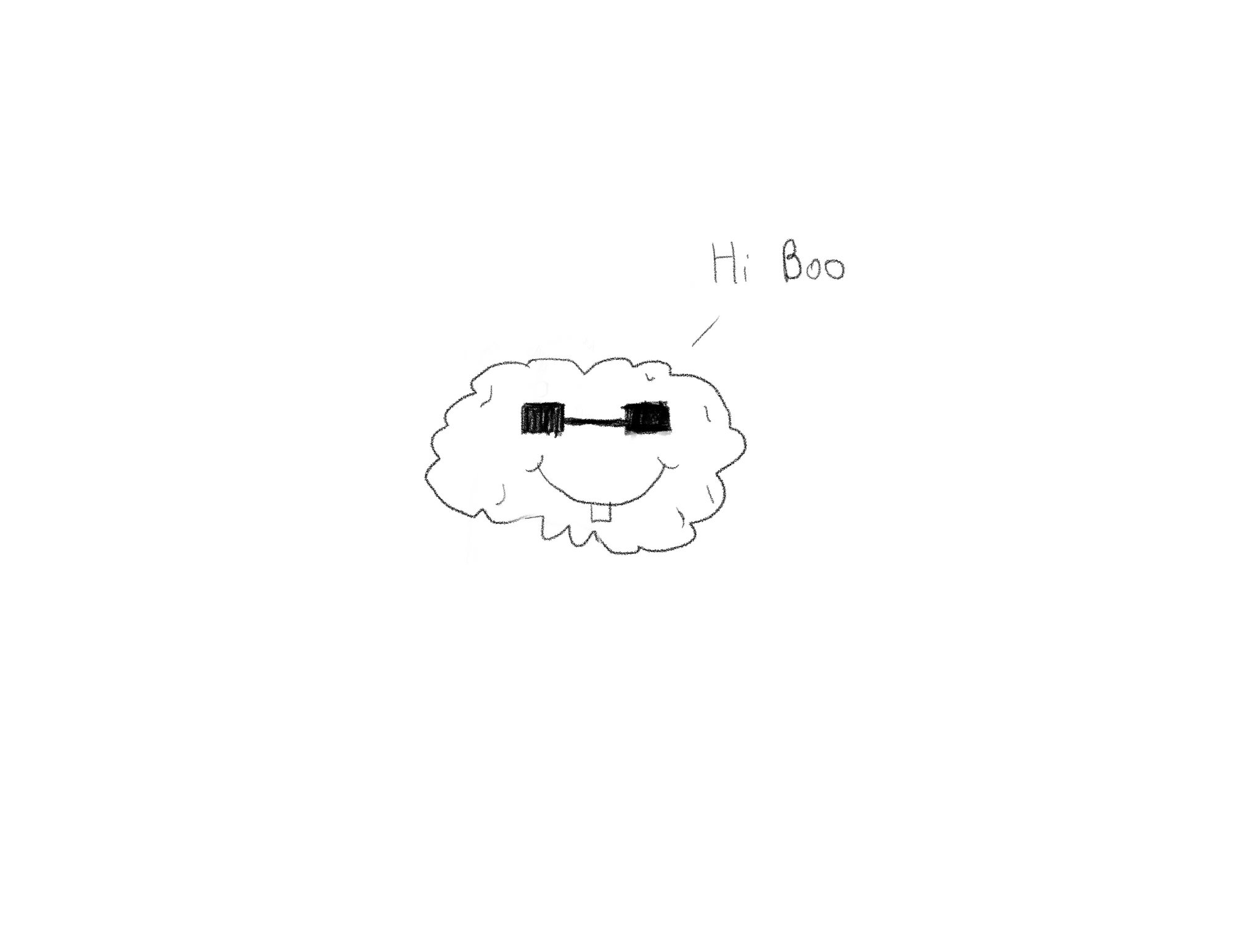

Unfortunately, we are very bad writers. Those narratives are usually unreliable and misleading. They are distorted by blurry memories and self-flattery and self-affirmation. Let’s come back to the math exam. The truth is, you didn’t spend enough time understanding and practicing the materials, and that’s why you fail your test, not because you didn’t eat breakfast and got distracted, though it could be a factor. But admit it makes you feel bad. It feels like you are lazy and aren’t smart enough to study math, so you have the tendency to avoid those thoughts. And in the future, you’ll keep making the same mistakes over and over again, until you realize the truth.
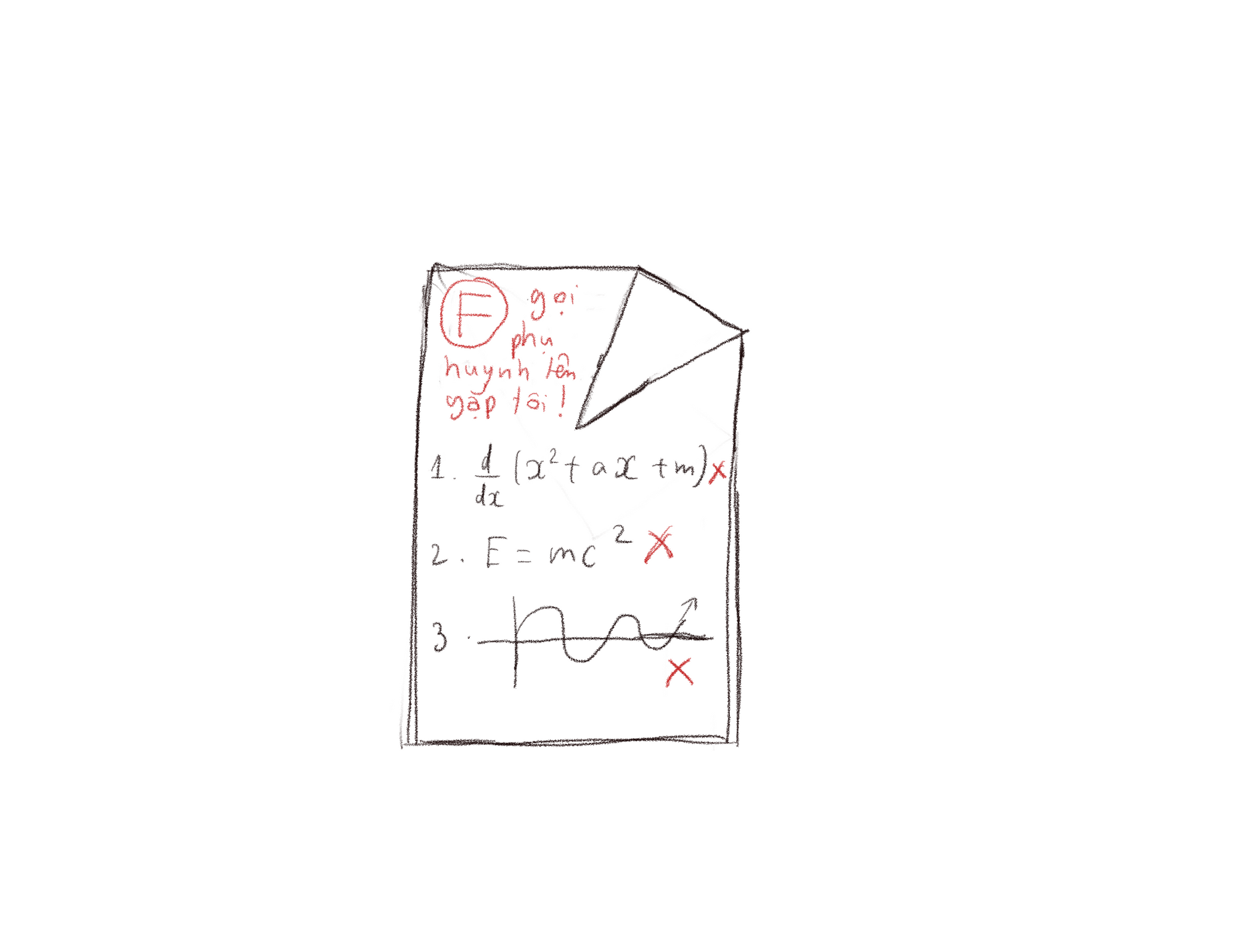
Some people will argue that, so in order to be good at self-awareness and make better decisions in the future, we must learn to create more truthful narratives inside our heads. But how? How to create better narratives?
This is where I’m gonna take you down a rabbit hole.
A rabbit hole of Unconsciousness, a realm of the Hidden Brain
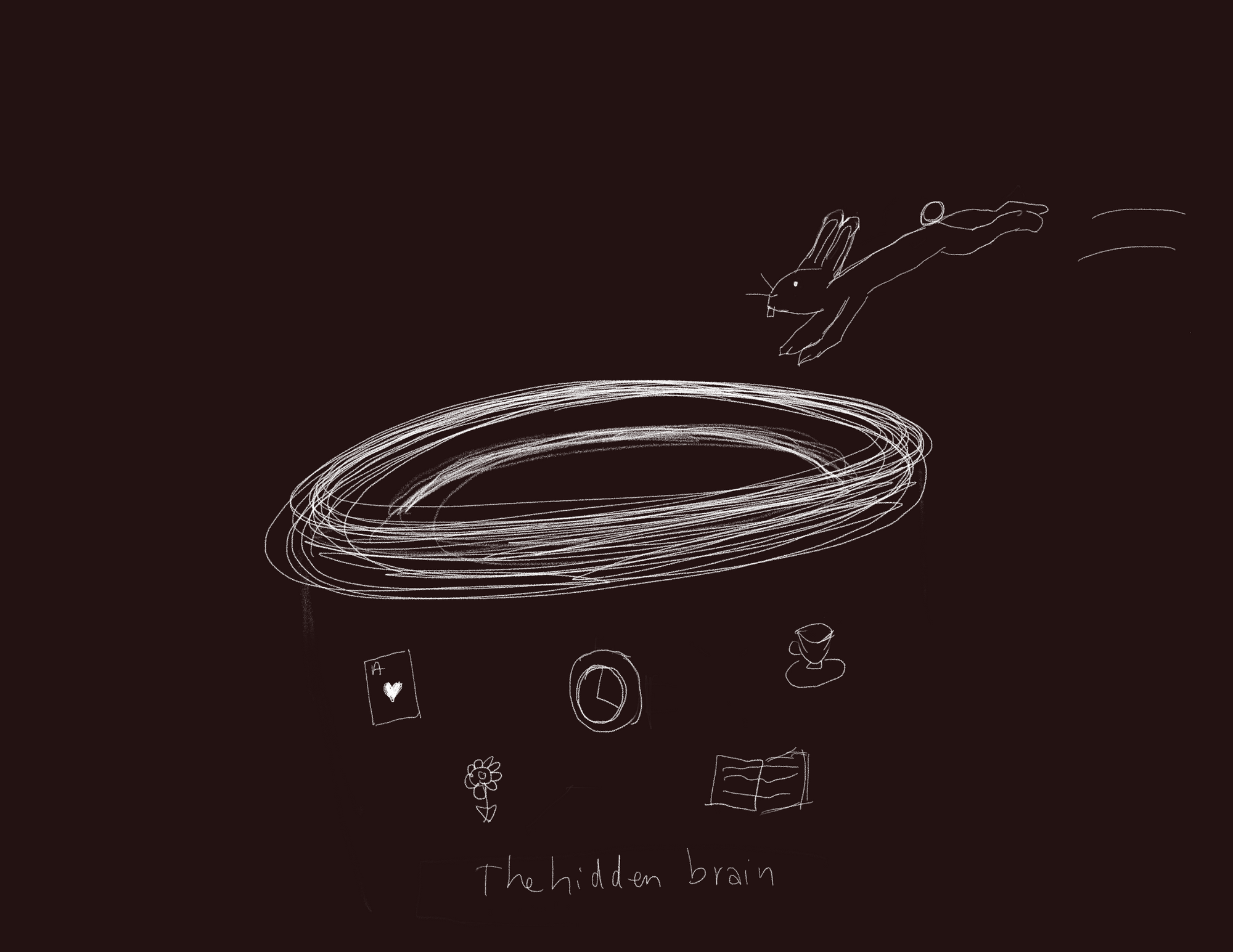
The hidden brain is trickier to define. In fact, people still argue all the time over the hidden brain. Scientists believe that our conscious mind and unconscious mind (the hidden brain) co-exist at the same time, in the same place.
So far, we already know that the conscious mind is developed through natural selection and evolution, so the same thing must have happened to the unconscious mind.
Both the conscious and unconscious mind are in charge of the same thing: information processing and decision-making. But the way they work is very different.
The conscious mind is precise, slow, sophisticated, and analytic. The Big Ben Tower, computers, Facebook, and Tesla are all products of the conscious mind. When you’re studying a new concept, you use your conscious brain to break it down, analyze and store it in your memory.
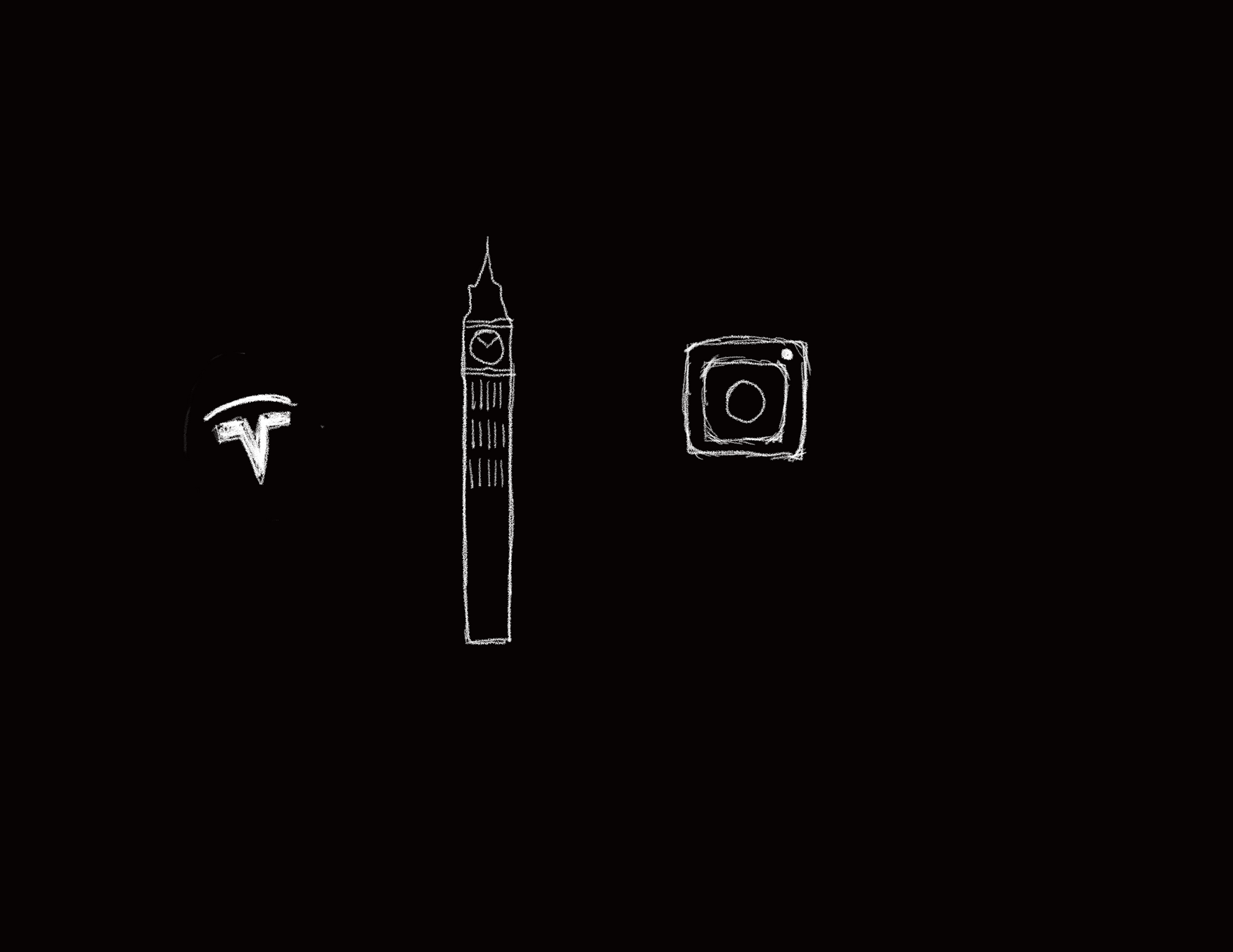
The unconscious mind, on the opposite, is super fast, but far less accurate. It gives up sophistication for speed. When the conscious mind processes something frequently enough, that information is gonna be turned into the hidden brain.
For example, when you touch something hot, you put off your hand immediately, without thinking a bit. It is because the hidden brain is protecting you from the survival threat. In the past, the conscious mind has analyzed enough dangerous situations related to high temperatures and turned that information to the hidden brain. Next, the hidden brain came to the conclusion to associate hot with danger. The next time when you interact with something hot, even if it’s not dangerous, your body will still have the instinct to back off immediately.

The problem starts when it comes to more complex decision-making. We meant to do one thing (not hooking up with your hot toxic ex), but then we end up doing it completely opposite (hooking up with your hot toxic ex) and later we blame ourselves “What was I thinking? How could I do that stupidity!”. When someone makes you mad, you know your blood are getting boiled. It happens so quickly, and it seems out of control. You are aware you are mad, but you don’t know why you are mad.

Here comes the creepiest part of your unconscious mind.
You don’t know that you are being manipulated by it. You think you are acting wise and radical, but in fact, you don’t. You do everything to justify your behaviors, and believe you make that decision consciously. You are the slave of your own mind, and you don’t even recognize that you are being imprisoned. Prejudice, sexism, homophobia, racism, and stereotypes are the products of your unconscious mind.

We have very short attention spans. Try to multitask 4 things at the same time and you feel like you’re going crazy. So when you are consciously focusing on one or two things, then your hidden brain will handle the rest. Let's say you are consciously making a phone call with a friend, then if another person gives you a banana, you will automatically grab and hold it, without really thinking about it. This phenomenon explains why people who are under stress or being off guard, are likely to say and act unconsciously, such as celebrities saying racists thing on stage.
Now, what do you think if I tell you the reality is not the reality you think it is, and morality, the sense of what is good and what is bad, is not the morality you think it is?
Okay, I can hear someone tells me to shut up. Anyways, if up to this point you feel there is so much information to process, you can stop reading and save the rest of the article for another day. But I still have some points needed to say, so off we go now.

The conscious mind and unconscious mind co-exist in the same place. It must be somewhere in our brains. Our conscious mind and hidden mind reside in the frontal and temporal lobes of the brain. These 2 lobes are in charge of attention, planning, decision-making, memory processing, and emotion. They shape our ability to judge social situations and make aesthetic judgments.

If a building is on fire, your conscious mind will analyze the situation, and tell you to find the nearest exit. But, if you know how to flirt with other people, or to take hints when someone is interested in you, it is because of the hidden brain. There aren't written rules about these social cues, they evolved through civilization, and get adaptive based on specific societies and cultures.

For people with normal temporal and frontal lobes, which means having both conscious and unconscious mind co-exist, and under the same living environment, we perceive things similarly. We agree that when we come over to other people’s houses, we ring the bell, not bang on their door with our car. We agree that, if we go to a nice restaurant for dinner, the chef will not put poison in our food. It’s not polite to put poison on other people’s food, especially when they pay for it!
Most people have normal temporal and frontal lobes, and when the majority agree and believe in the same thing, we call it “reality”, we call it “common sense”, and we call it “the truth”.

Some people have mental disorders, such as schizophrenia and frontotemporal dementia, that dysfunction their frontal and temporal lobes. They still have the conscious mind, but their hidden mind is now long gone. Bye folks, I’m out!
They become extremely analytical and suspicious. Because their hidden mind isn’t there to remind them about normal social situations. Patient who has schizophrenia will doubt if you are trying to hurt them, even if you guys are friend for long time. Patient with frontotemporal dementia will go straight up to the store, pick anything they want, and leave without paying.
Do you wanna know why most people don’t shoplift? Not because there are legal laws and school education (products of the conscious mind) ban shoplift, but because our hidden brain tells us it violates common sense. It is the fear of shame and guilt if we get caught that keeps people honest.
The line between what is right and wrong starts blurry, when we think about it this way.
People with these mental disorders don’t feel shame and don’t feel guilty if they violate social rules. They do everything they desire, even the most impulsive actions. They lost the ability to feel things. And they never realize what is wrong with them, never realize that their hidden mind isn’t there anymore. It’s the people around them, their caretakers, that suffer from their mental disorders.
If most people have dysfunctional brains and only a small amount of people have normal brains, then the “reality” and “morality” would be very different from now.
Before we end this article, I want to write a bit about Bojack, a source of inspiration for this article in the first place. BJ has BPD, a mental disorder caused by dysfunctional frontal and temporal lobes. This disorder also caused the patient to be extremely narcissistic, impulsive, violent, and cruel to people around them, and even themselves. But the difference is patient with BPD will suffer from guilt and shame after committing those actions. Bojack is eaten alive by guilty, sorrow, emptiness, and numbness. He wants to get better, and he wants to believe that he is a good person, but he falls into the patterned behaviors of his unconscious mind again and again.

Bojack is not a good person, under the view of normal, conscious society. Sure he can suffer from his mental health, but it doesn’t justify what he does to other people. He must take responsibility for his own unconscious mind. There is no deep down, after all, he is what he does, just like Diane says.
Bojack is a normal person, in another multiverse, dysfunctional lobes society. If he commits sexual acts, with a 15-year-old girl, while he is 50, he is still a normal person. There is no sense of shame, guilt, or sense of morality in this universe. Only desire.
That’s all for today’s article. I should leave you here with your own thoughts. And the discussion is always open, so leave any messages in the comment section. I’d love to hear from you.
If you like my posts, sign up for the coolkidzclub newsletter for more future content.
Best,
tam

Sources: